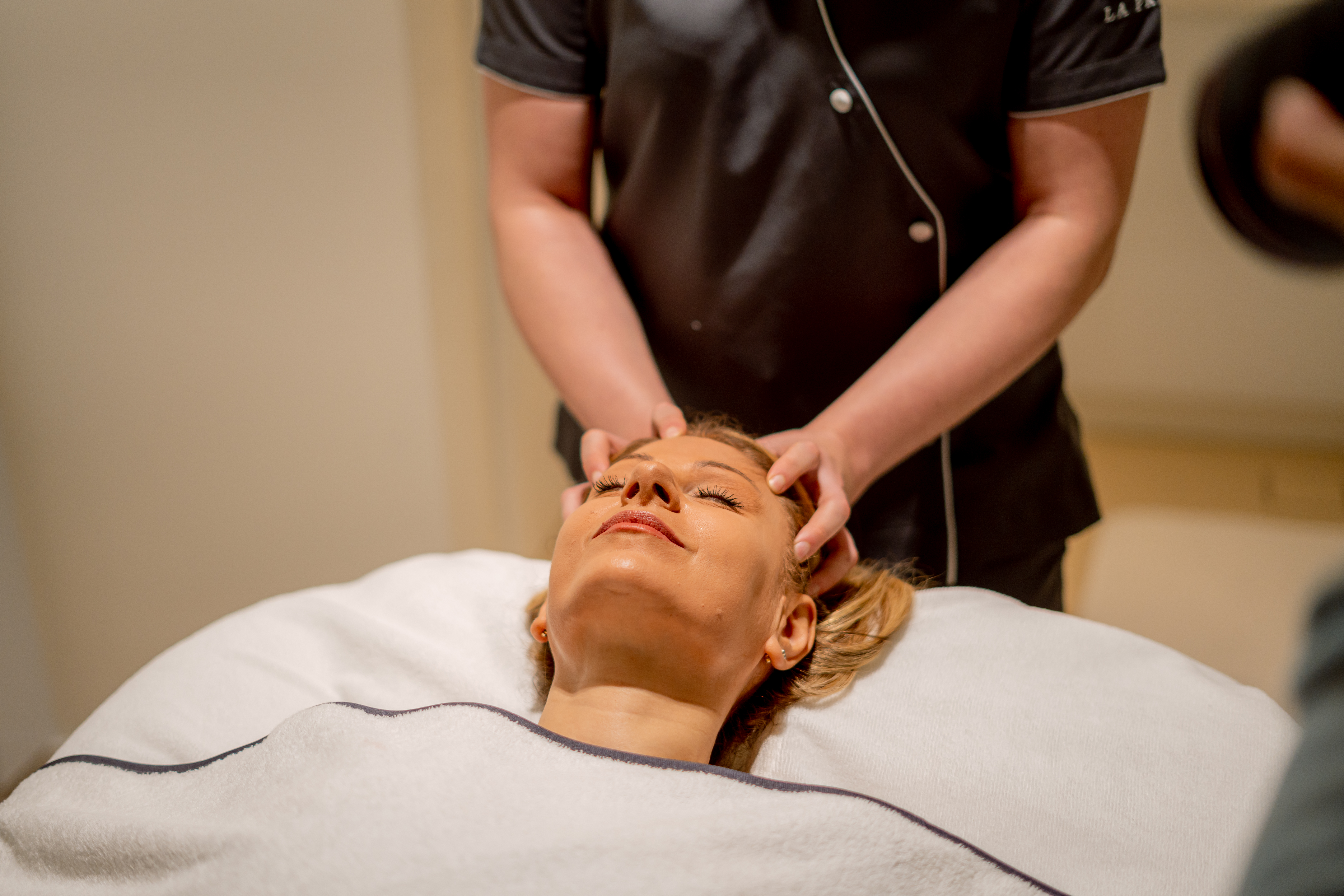Preventing Alzheimer's: Mental Health Exercises You Can Begin Today
.jpg)
Alzheimer's disease, the most common form of dementia, begins with mild memory loss and can lead to severe cognitive impairment. Cases are increasing worldwide and expected to rise further in the coming years. While the exact causes are unclear, it's believed to result from a mix of genetic, environmental, and lifestyle factors.
Although there’s nothing we can do to ‘stop’ dementia like Alzheimer’s, the brain has the remarkable ability to continue to develop and change regardless of age. Therefore, we can actively maintain brain sharpness and health, potentially slowing down degeneration.
Just a bit of science for context; the hippocampus is crucial for creating new brain cells (neurogenesis) and plays a key role in learning, memory, and emotional regulation. It's typically one of the first brain regions affected in Alzheimer's disease, leading to memory loss and confusion in those affected. Both learning and physical activity have been found to benefit this area of the brain. Therefore, prioritising lifelong learning and movement is essential for brain health and overall physical well-being.
What can I do?
Healthy behaviours that prevent conditions like cancer, diabetes, and heart disease may also lower the risk of cognitive decline.
Let's explore the pillars of good physical and brain health.
Get Moving: How Physical Activity Protects Your Brain
Exercise has been shown to change the human brain both structurally and in terms of neurochemical changes. Physical activity preserves grey matter, the brain's main area for processing and computation, potentially maintaining larger brain volume and higher cognitive reserves.
What types of activity should I engage in and for how long?
Any aerobic activity that raises your heart rate is beneficial, whether it's swimming, running, walking, or dancing in your living room. Twenty minutes to an hour, two to three times a week is a good place to start. Incorporating strength training, balance, and coordination activities such as weightlifting, tennis, or padel (which is popular in the region) offers significant benefits and may help protect against Alzheimer’s. The more consistently active you are throughout your life, the greater the impact on your brain health.
Mental Exercises to Keep Your Mind Sharp
Learning new skills and novel experiences stimulates different parts of the brain, and feeling challenged can boost your brains resilience. You can start by using your non-dominant hand for everyday tasks, which requires concentration, problem-solving, and focused attention on activities usually done automatically. Picking up a new language, new puzzles, playing an instrument, or experimenting with new recipes are all acts of learning that can keep your brain active and engaged.
The Role of Sleep in Brain Health
A constant stream, of late nights and early mornings equals a lack of sleep, adequate sleep is essential for normal brain functioning. Why? When we sleep our brain consolidates learning from the day and cleans up debris and waste. When we don’t sleep this builds up and some of this waste (abnormal protein) which has been linked to Alzheimer’s.
Staying Connected for Mental Well-being
Social interaction is crucial for brain health. Engaging in meaningful conversations, participating in group activities, and maintaining strong relationships can help protect against cognitive decline.
Dietary Tips to Eat Smart
Let’s not forget what we eat; prioritise diets low in processed foods and rich in whole, antioxidant-rich foods like omega-3 fatty acids and other nutrients that support brain health. Exercise boosts your dietary efforts by creating an anti-inflammatory environment in your brain and body, helping to reduce the cognitive damage linked to Alzheimer's.
Protecting your brain health requires a proactive approach; consistency is crucial. Find enjoyable activities and stick with them—these small, ongoing changes can lead to significant improvements in cognitive health over time.
If you're concerned about your cognitive health or a loved one's, seeking professional support can help investigate concerns, provide personalised strategies and interventions to promote brain health and address cognitive changes effectively.
Dr Bisi Laniyan is a UK trained Clinical Psychologist with over a decade of experience in the mental health and wellbeing sector. She works primarily with adults facing various mental health and emotional challenges.
She has a keen interest in the effects of interpersonal trauma, early attachment difficulties, and adverse life experiences (especially in childhood) on an individual’s relationship with themselves, connections with others, and their overall worldview.
Driven by this interest, Dr Bisi pursued further training in trauma focussed therapy (TF-CBT), interpersonal (Interpersonal Psychotherapy) and behavioural approaches (Dialectic Behavioural Therapy).
Prior to joining Sage, she worked in a specialist trauma-focused adult mental health setting in the UK, providing psychological care for individuals with diverse mental health needs.
Her approach to therapy is person centred and underpinned by evidence based and culturally sensitive psychological interventions.
She is also trained and experienced in administering neuropsychological assessments.
For her, it is an honour to be trusted with people’s experiences, deepest thoughts, and fears. As such, she is committed to helping those she works with to live a rich, meaningful life despite their difficulties and achieve an overall improved quality of life.
related posts

.jpg)
Fitness & Health
The Therapeutic Benefits of Travel and Vacations on Mental Health
.jpg)

 and Mette Degn-Christensen, Director of Downtown Design.jpg)



.jpg)

